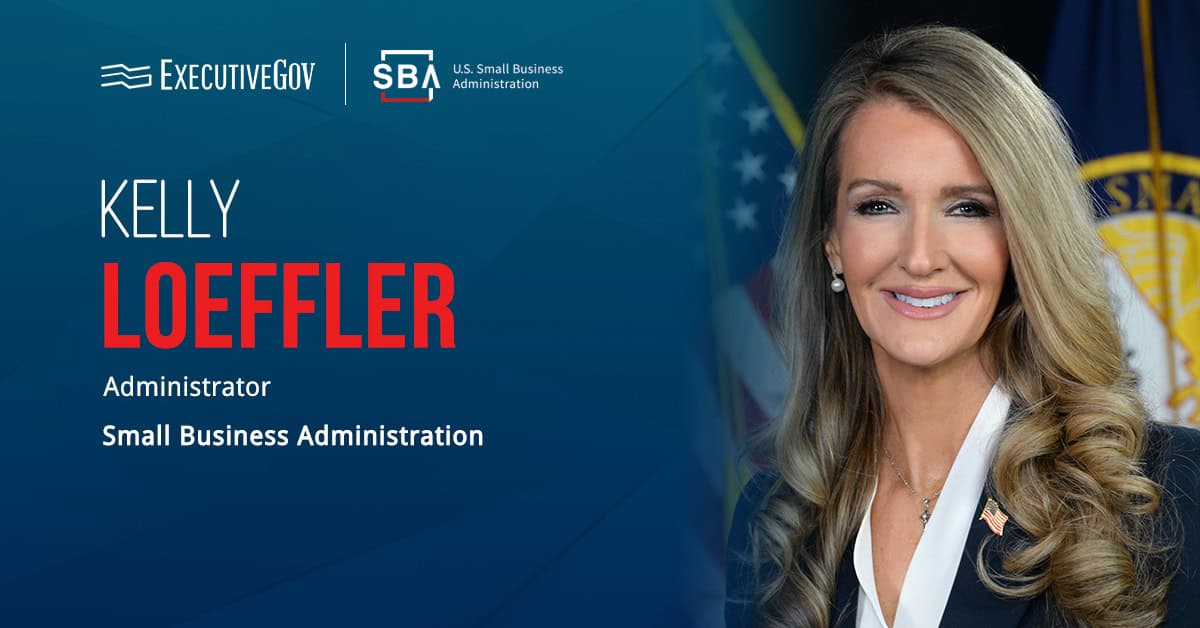The House on Tuesday voted 363-70 to pass a $768.2 billion defense policy bill for fiscal year 2022. The vote came hours after the House and Senate Armed Services Committees reached a compromise on the fiscal year 2022 National Defense Authorization Act.
The FY 2022 NDAA, which is now headed to the Senate, includes $740 billion for the Department of Defense and $27.8 billion for national security initiatives within the Department of Energy, according to a summary of the bicameral agreement on the defense policy bill.
The defense policy measure includes a 2.7 percent pay raise for military personnel, requires the formation of an independent commission to help assess the country’s two-decade conflict in Afghanistan and directs DOD to submit a report with respect to the creation of a separate punitive article in the Uniform Code of Military Justice on violent extremism.





